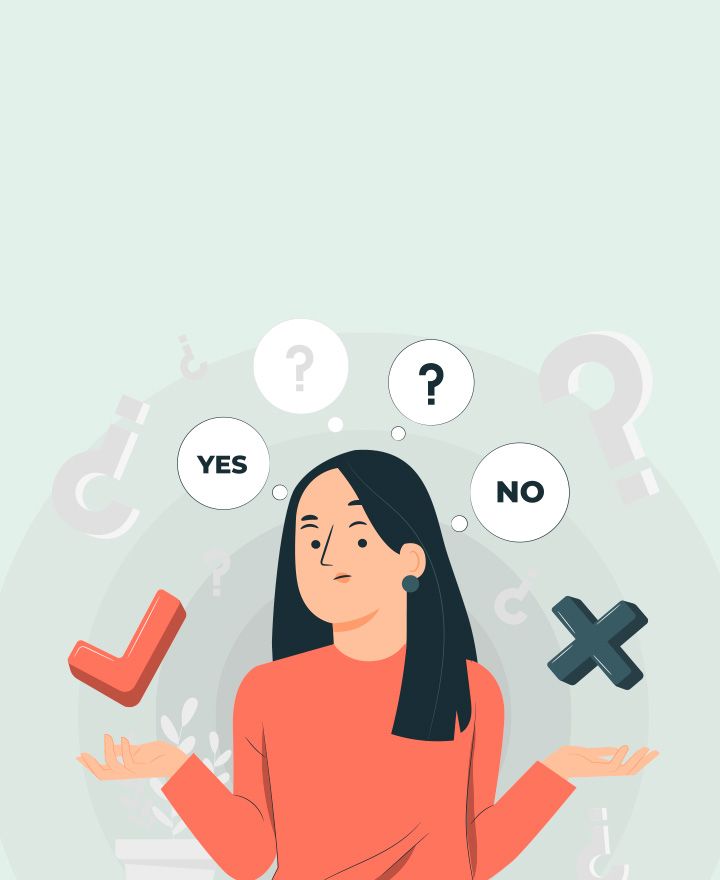

Managing and Preventing Teen Acne
Teen acne is one of the most common and problematic skin conditions that affect your child's self-esteem. Dealing with teen acne requires a lot of attention, care, and embracing a healthy lifestyle. Here, we will discuss how to treat teen acne with effective remedies and treatment.
Causes of Teen Acne
Teen acne is often caused by an increase in sex hormones called androgens during puberty. Other causes include:
• Hormonal changes, such as those related to birth control pills, menstrual periods, and pregnancy, can also trigger acne.
• The excess hormones lead to overactive oil glands, enlarging them and causing the production of too much oil or sebum.
• Blocked pores occur when excess sebum and skin cells clog hair follicles, leading to various types of acne, including pimples, whiteheads, blackheads, and pustules.
• Cysts may form deep within pores due to blockage and inflammation, resulting in large, painful lumps beneath the skin's surface.
• External triggers include heavy face creams, cosmetics, hair dyes, and greasy hair products, which can increase pore blockage.
• Friction from clothing, especially on the back and chest, may worsen acne, as can heavy sweating during exercise and hot, humid climates.
• Stress is known to trigger increased oil production, contributing to the development of acne in teens.
Types of Acne Bumps
1. Blackheads (Open Comedones)
◦ Pores clogged with excess oil near the skin's surface
◦ The top area appears darker than the surrounding skin
2. Whiteheads (Closed Comedones)
◦ Pores clogged with extra oil close and slightly bulge from the skin's surface
3. Pimples
◦ Red bumps are formed by the combination of extra oil and C. acnes bacteria
◦ Deeper pore blockage may result in the formation of pus, turning the bump into a pustule
4. Nodules and Cysts
◦ Larger and often painful pimples reach deeper layers of the skin
◦ Higher likelihood of leading to scarring
How Long Do Pimples Last?
The duration of how long pimples stay on your skin depends upon your internal health and external skin condition.
• If the teen acne is due to hormonal or cystic acne, it will go away after 1 month of embracing a healthy lifestyle.
• Normal acne, like whiteheads or bumps, will go away on its own after 1 week.
• Deep acne may take 2-3 weeks to go away. However, it may leave a mark on the skin that will take enough time to fade away.
What Can Make Acne Worse?
1. Hormones
◦ Teenage hormones increase skin oil production, leading to acne.
◦ Hormone fluctuations before menstrual periods can also trigger acne flare-ups.
2. Diet
◦ The impact of diet on acne is unclear.
◦ A balanced diet benefits overall health, while high sugar and simple carbohydrate diets may contribute to acne.
3. Skin Care Products and Cosmetics
◦ Oil-based products can cause acne by clogging pores.
◦ Water-based or "non-comedogenic" alternatives are less likely to contribute to acne.
◦ Prolonged pressure on the skin, such as tight clothing or equipment, can worsen acne in specific areas.
4. Stress
◦ Stress isn't a direct cause, but there's a link between stress and worsened acne.
◦ Research indicates that stressful school situations can exacerbate teenage acne.
◦ Mitigating stress through regular exercise, healthy sleep, and supportive relationships can help improve acne conditions.
Effective Tips to Treat Teen Acne
• Antibiotics: Get the best ointment or cream from your doctor suitable for your skin to get rid of acne.
• Improve your lifestyle: Eat healthy fresh fruits and vegetables and avoid junk, oily, spicy, or sugary foods. Unhealthy foods can trigger your internal body systems and make acne worse.
• Exercise: Walking, jogging, or any exercise will help you stay fit. This may make your skin glow.
• Eliminate stress: Engage in yoga to alleviate stress and promote mental well-being. A positive mindset contributes to mental health, resulting in radiant skin and reduced cortisol levels, consequently minimising acne.
How To Treat Acne?
• Consult a dermatologist for a proper skincare routine.
• Avoid touching or picking at pimples.
• Handle pimples with care during shaving.
• Regularly clean items that come in contact with your face, such as cell phones, sports helmets, sunglasses, clothing, and pillowcases.
• Maintain a healthy lifestyle.
Conclusion
Consult your doctor, whether dealing with a few pimples or more severe acne, to explore treatment options. Early intervention is crucial in preventing lasting scars from acne.
One of the important components of our overall wellness is also being financially secured. Healthcare emergencies can happen any time, but a good health insurance policy can protect you from such uncertain situations. To know more about Wellness and other health related tips, visit the wellness corner.
Source: healthychildren.org, mayoclinichealthsystem.org
Disclaimer: This blog provides general information and discussions about health and related subjects. The information and other content provided in this blog, website or in any linked materials are not intended and should not be considered, or used as a substitute for, medical advice, diagnosis or treatment. Kindly contact your Doctor before starting a new medicine or health regime.
Related Articles
Best Dry Fruits for Glowing Skin
How to Get Rid of Wrinkles- Treatment and Prevention
Keep Your Skin Young & Healthy With These Tips
Essential Steps for an Anti-Ageing Skincare Routine
PCOD- Causes and Management Guide
Published on March 07, 2024














 Health Insurance
Health Insurance  Travel Insurance
Travel Insurance  Car Insurance
Car Insurance  Cyber Insurance
Cyber Insurance  Critical Illness Insurance
Critical Illness Insurance
 Pet Insurance
Pet Insurance
 Bike/Two Wheeler Insurance
Bike/Two Wheeler Insurance  Home Insurance
Home Insurance  Third Party Vehicle Ins.
Third Party Vehicle Ins.  Tractor Insurance
Tractor Insurance  Goods Carrying Vehicle Ins.
Goods Carrying Vehicle Ins.  Passenger Carrying Vehicle Ins.
Passenger Carrying Vehicle Ins.  Compulsory Personal Accident Insurance
Compulsory Personal Accident Insurance  Travel Insurance
Travel Insurance  Rural
Rural